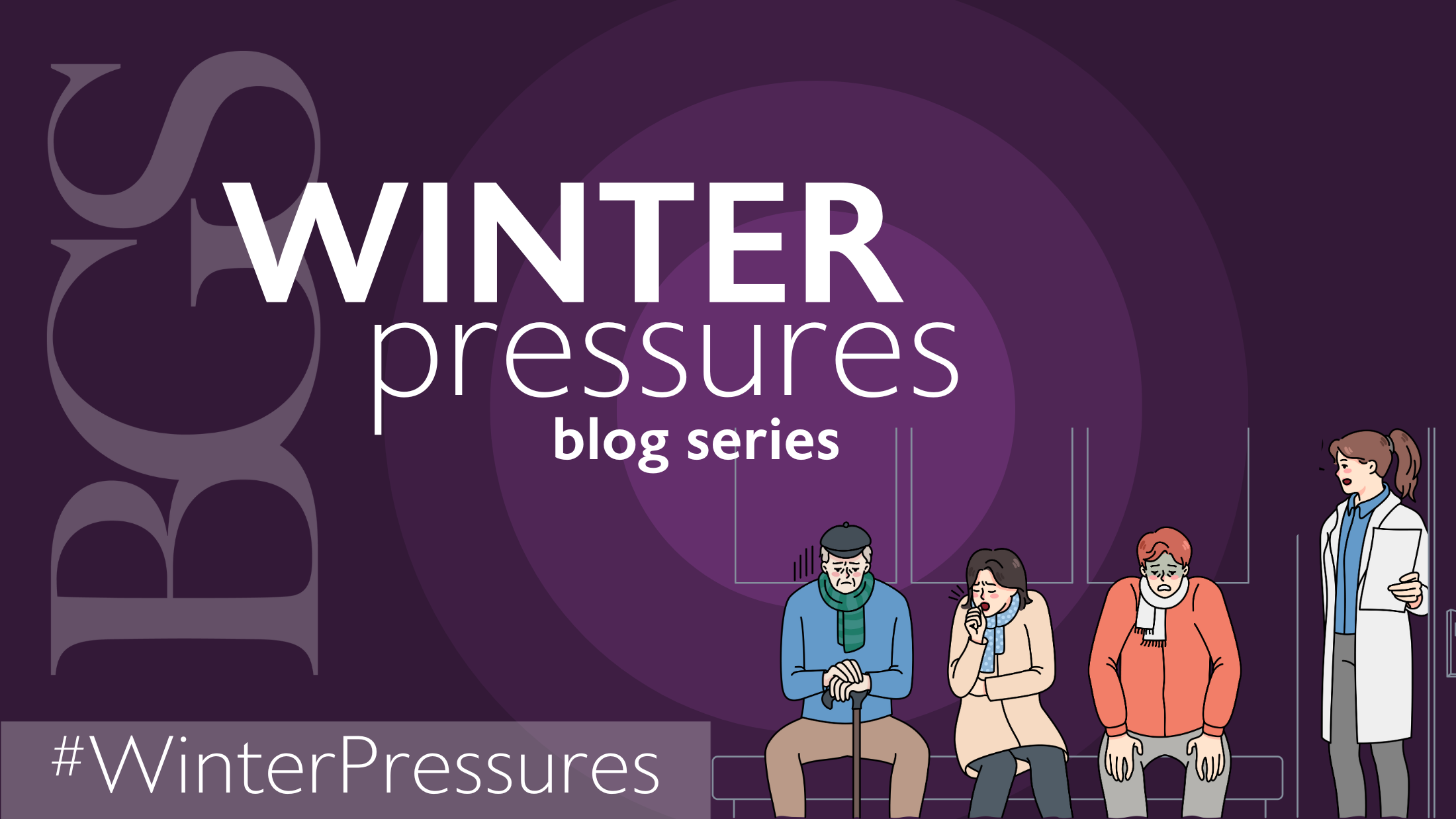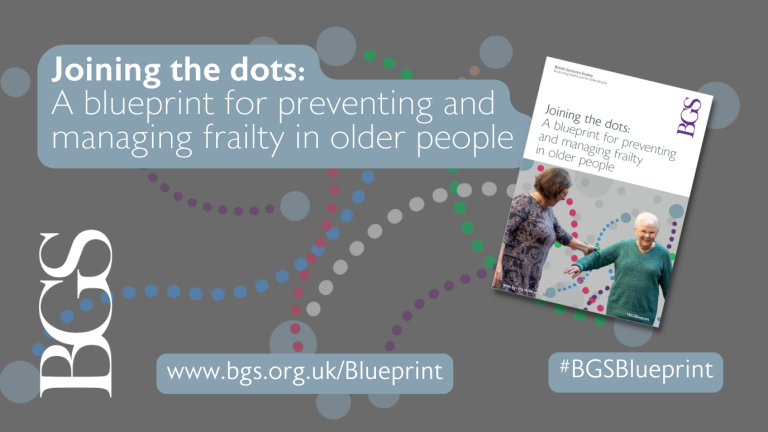Adam Gordon is Professor of Care of Older People at the University of Nottingham and the current President of the British Geriatrics Society. He tweets @adamgordon1978
As I sat down to write this blog, I was trying to come up with a compelling, tabloid-esque headline. Something with a bit of a rhetorical flourish, an edge of satire, possibly some gallows humour. That, after all, is what we do as healthcare professionals. We make sense of the unthinkable through acts of self-delusion, soften the blow with a bubble-wrap glove.
But to make light of the winter 2022/23 in our health and social care system would be deeply inappropriate. It was awful. I have no doubt that people died, or were permanently disabled, as a consequence of the complete overwhelm we faced. We found ourselves, at times, completely unable to do well the job that we turn up to work each morning so desperately longing to do.
Because in December last year everything was as bad as it’s ever been, since modern measurements began. Ambulance delays, four-hour trolley waits, 12 hour trolley waits, delayed transfers of care for patients who no longer met the criteria to reside, elective waits, all breaking records in the worst imaginable way, and to a previously inconceivable extent.
One can be glib about the ability of targets missed to tell the true story. But the truth is, it was awful on the ground too. I won’t tell you my anecdotes, or those from colleagues around the country, out of respect for the patients involved. But in March this year I attended the premiere of a Channel 4 Dispatches called Undercover Ambulance: NHS in Chaos – it’s still available on demand if you can bring yourself to watch it. At one point, amongst the many desperate stories, the crew attended a 90 year old woman who had pulled her careline pendant following a fall. The crew took four and half hours to get to her. They found her lying in the street, surrounded by ice, in sub-zero temperatures. Her core temperature was below 34 degrees centigrade. She almost died, and she never went home again.
That’s where we got to last year. A G7 nation in the 21st century where a nonagenarian can fall over in the street and be left lying alone for hours until she nearly dies. The technology that was supposed to save her worked well. The emergency service it was supposed to trigger was, unfortunately, on its knees.
We must do better.
I think, though, that we can. Last winter the BGS released our policy paper on Protecting the Rights of Older People to Health and Social Care. In it we outlined what the NHS could do immediately to make things better. Many of these recommendations – around front door frailty, structured rehabilitation, preventing delirium and deconditioning, embedding enhanced health in care homes, and ramping up Urgent Community Response – are about applying evidence-based approaches to care of older people more consistently and comprehensively. We followed this up with Joining the Dots, our blueprint for care of older people – which laid out more comprehensively what a functioning health and social care system that meets the needs of older people should look like.
We’ve seen some response from government and policymakers to those recommendations – largely through the Urgent and Emergency Care Recovery Plan. Despite this, system performance metrics are not much better this September than they were last year. Everything remains fragile. We could panic – but that won’t help. Instead we need to do more. Faster.
BGS will soon be releasing an updated version of those recommendations from last winter. We are also starting, today, a blog series, focussed on things we can do now to make a difference this winter, and future winter. It will be full of practical tips for those of you designing and leading services. This diatribe serves by way of introduction – I hope it has focussed your minds.
That’s it. No witty closing line in my usual style. Just a sense of hope and desperation that we can get through this winter better than we did the last. I know the members of the BGS are resourceful, determined and committed to advancing the care of older people with frailty. They need us now more than they ever have.



